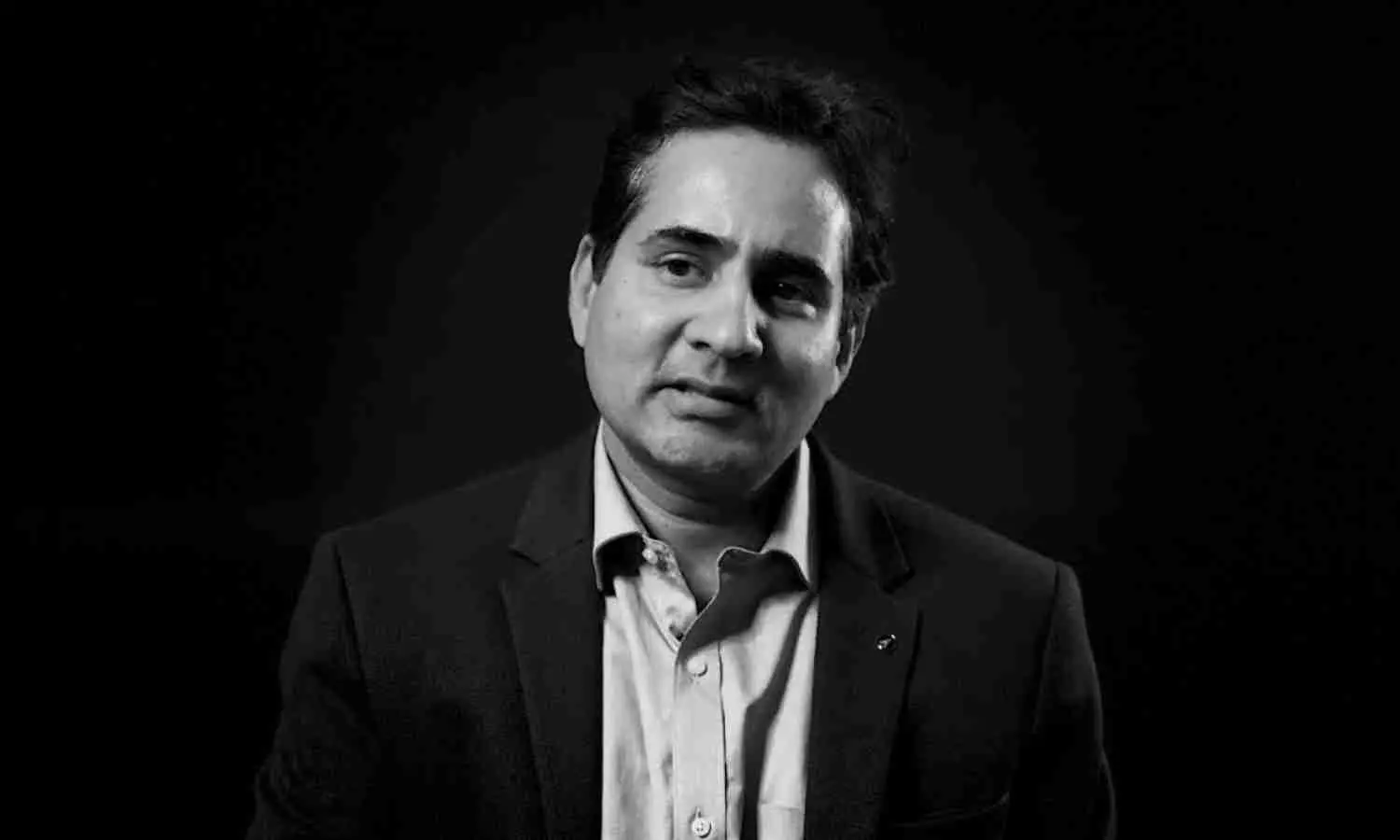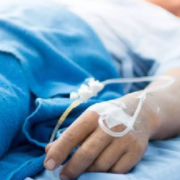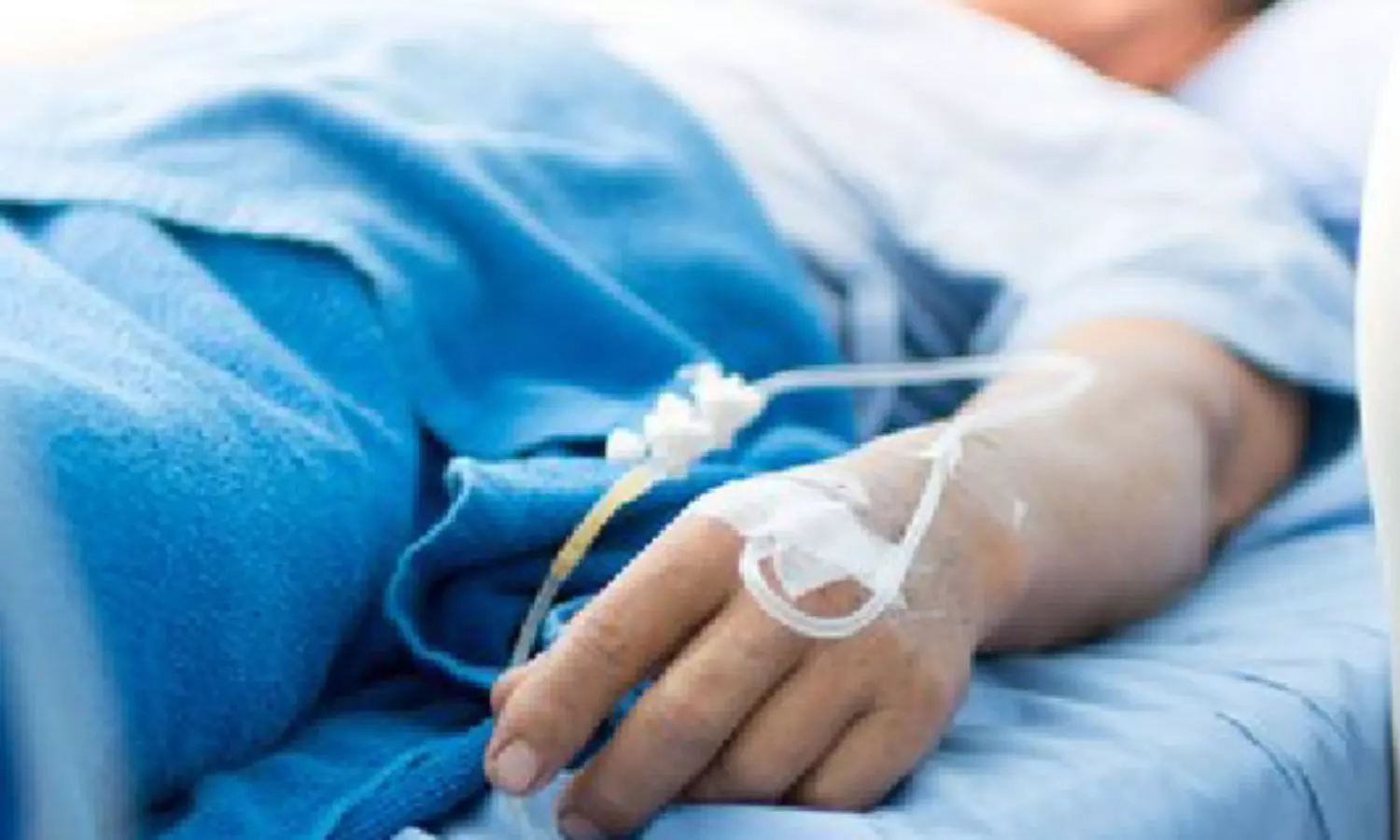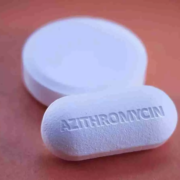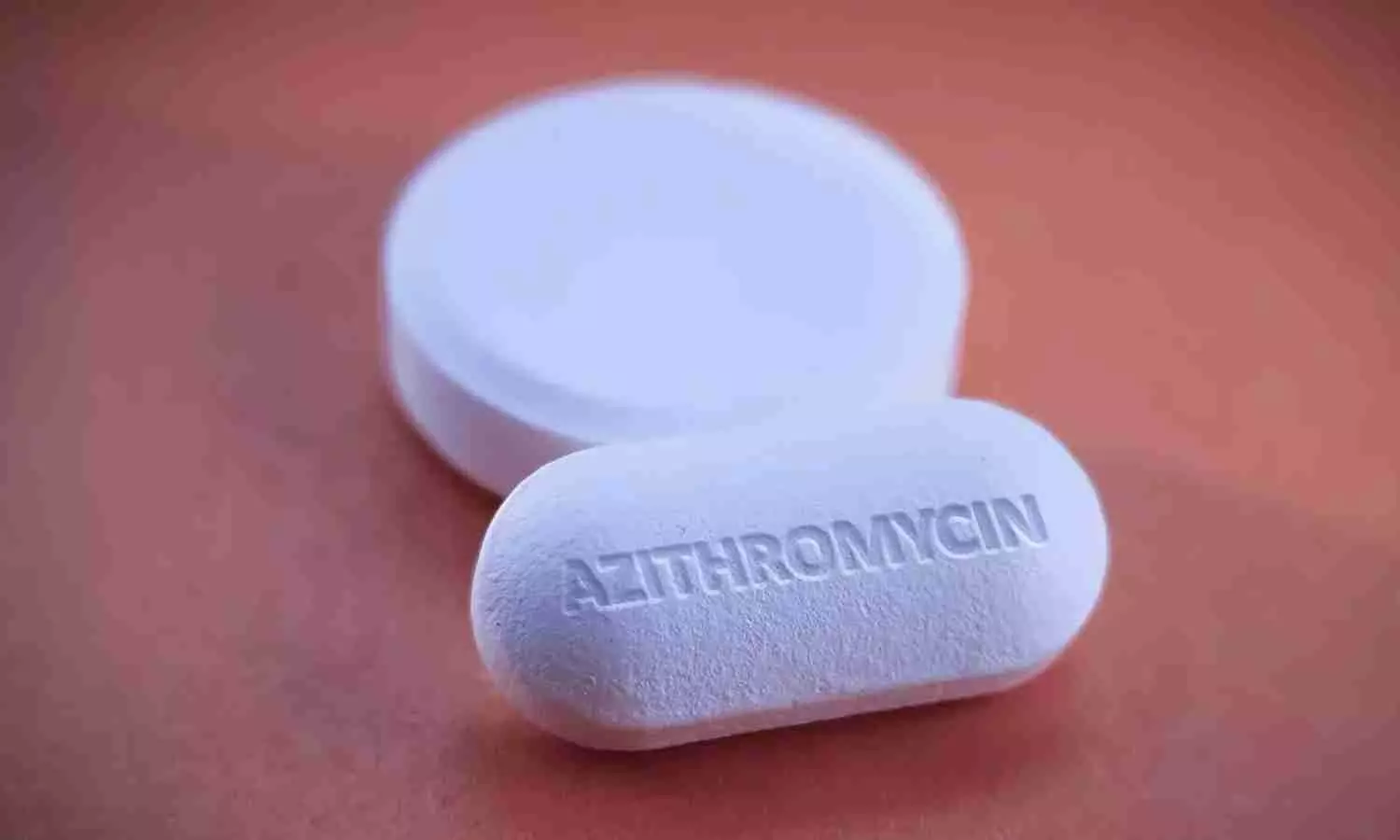NEET Counselling 2024: MCC Announces Total Admitted MBBS, BDS, BSc Nursing Candidates List

Delhi: The Medical Counselling Committee (MCC) has announced the total admitted candidates list in MBBS/BDS/BSc Nursing after the NEET UG 2024 counselling process.
The candidates can check out the list attached below. The list consists of Roll No, Quota Name, AIR, Category, Sub Category, Option No, Institute Code, Institute, Subject, Allotted Category, Allotted PH, and Admitted Round. To view the list, click on the link below –
https://medicaldialogues.in/pdf_upload/2024120658-263900.pdf
Earlier, the MCC notified regarding the cancellation of the candidature of 1 MBBS candidate seeking admission at JIPMER Karaikal. In its notice, the MCC issued a letter regarding the matter of dual nativity. This letter had been issued to the Dean of Jawaharlal Institute of Postgraduate Medical Education and Research (JIPMER), Karaikal by the Puducherry government.
NEET-UG SPECIAL ROUND SCHEDULE- 2024 ALL INDIA QUOTA, DEEMED AND CENTRAL STATE QUOTA (FOR MBBS. BDS AND BSC NURSING
|
S.NO |
SCHEDULE FOR ADMISSION |
ALL INDIA QUOTA/DEEMED & CENTRAL UNIVERSITIES |
SHARING OF ALLOTTED CANDIDATES DATA BY MCC |
STATE COUNSELLING |
|
1 |
Special Round of Counselling. |
20th Nov., 2024 to 23rd Nov., 2024 |
25th Nov.,2024 |
25th Nov., 2024 to 29th Nov., 2024 |
|
2 |
Last date of Joining. |
30th Nov., 2024 |
5th Dec., 2024 |
NEET-UG SPECIAL ROUND SCHEDULE- 2024 ALL INDIA QUOTA, DEEMED AND CENTRAL STATE QUOTA (FOR MBBS. BDS AND BSC NURSING
|
S.NO |
SCHEDULE FOR ADMISSION |
ALL INDIA QUOTA/DEEMED & CENTRAL UNIVERSITIES |
SHARING OF ALLOTTED CANDIDATES DATA BY MCC |
STATE COUNSELLING |
|
1 |
Special Round of Counselling. |
20th Nov., 2024 to 23rd Nov., 2024 |
25th Nov.,2024 |
25th Nov., 2024 to 29th Nov., 2024 |
|
2 |
Last date of Joining. |
30th Nov., 2024 |
5th Dec., 2024 |
The Medical Counselling Committee (MCC) is an organisation under the Directorate General of Health Services (DGHS) affiliated to the Ministry of Health and Family Welfare, Government of India and responsible for allotting seats for undergraduate, postgraduate and super-speciality medical and dental courses in government-run/aided colleges and deemed-to-be-university colleges. It allocates seats online based on the candidate’s score in the National Eligibility Entrance Test (NEET). Factors considered during allotment are merit, reservation eligibility and the preference list submitted by the candidate.
Powered by WPeMatico



